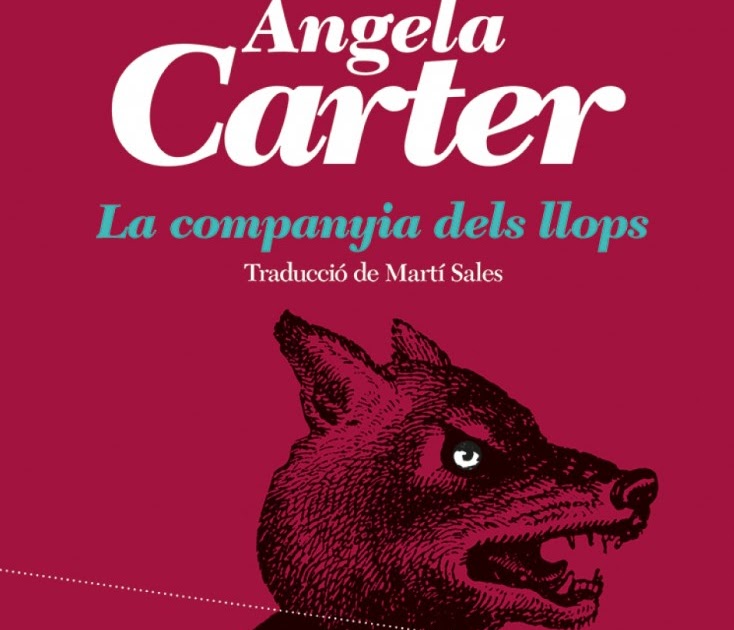
Original language of the stories: English
Translation (into Catalan): Marti Sales
Year of publication of this volume: 2023
Valuation: High recommendable
Although my enjoyment of this volume owes much to Sales’s technical craftsmanship and creative intuition, the person primarily responsible for its quality is undoubtedly Carter herself. What narrative skill she wielded in her short pieces! What language skills, what tonal mastery, what ability to evoke atmospheres, what mastery of the character profile! How much identity does her microcosm have, crossed by common themes, recurring scenarios, always colorful ideas and the internal logic of fairy tales or magical realism!
Let’s start by talking about “A great lady and the one who fills her house”, a story that inaugurates the collection. His challenging yet stimulating opacity make him one of my favorites.
Next we have “Endinsar-se al cor del bosc” and “La fillaprecio del botxí”, whose premises address the theme of love between brothers from complementary angles. Although in my opinion they are not among the best of the book, they are also pieces of considerable literary importance.
“The Loves of Princess Carmesina” has a somewhat flat plot, at least by Carter’s standards. However, the author manages to give it texture with her incomparable pen, and spice it up with her particular conception of eroticism.
“The Bloody Cambra” is probably Carter’s most famous story, originally compiled in an eponymous anthology characterized by reinterpreting various fairy tales. Although I have enjoyed it greatly, I find it inferior to others, because I believe that it fails to successfully harmonize the two registers that it combines.
“The Tiger’s Promise” is great. Its ending, dark and moving at the same time, resonates like the roar of a wild beast in the jungle.
“La dama de la casa de l’amor” is a bit of an uphill climb at first, but it doesn’t take long to subjugate. It represents an aesthetic experience of those that only a writer with Carter’s skill can convey.
“Licantropia” works because it is short and forceful, although I admit that it disappointed me because by Carter’s standards it seems flat and lacks that perversity so characteristic of the author.
“La companyia dels llops” is another of the many masterpieces that this volume gives us. Both its atmosphere and its raw and uncomfortable message regarding human nature are extremely intelligent.
“El petó” is a kind of fable with meta-literary touches. Just because of how curious it is, it is worth savoring.
“Edgar Allan Poe’s Cabinet” and “Lizzie’s Tiger” take advantage of the biographical substrate of two historical figures to create literature with capital letters. The first of both stories may not appeal to everyone, because its abstract and experimental vocation eats up, at times, to the story told. On the other hand, the second is more linear in its approach and familiar in its plot development, and yet it is a brilliant text that reaches astonishing levels of originality.
“Reflections” is probably the strangest piece in the set, and for that reason it is undoubtedly among my favorites. His approach and imagery leave aside the fantastic for which Carter feels weakness and draw on that surrealism that made possible the work of Leonora Carrington or Remedios Varo.
In summary: the quality and variety of Carter’s short pieces merit reading the collection edited by Comanegra. Just for those gems that are “A Great Lady”, “The Tiger’s Promise”, “La companyia dels llops”, “El tigre de la Lizzie” or “Reflexos” I already recommend purchasing the book. Furthermore, I insist that tasting Sales’s translation is not wasted.
Source: https://unlibroaldia.blogspot.com/2024/01/angela-carter-la-companyia-dels-llops.html


